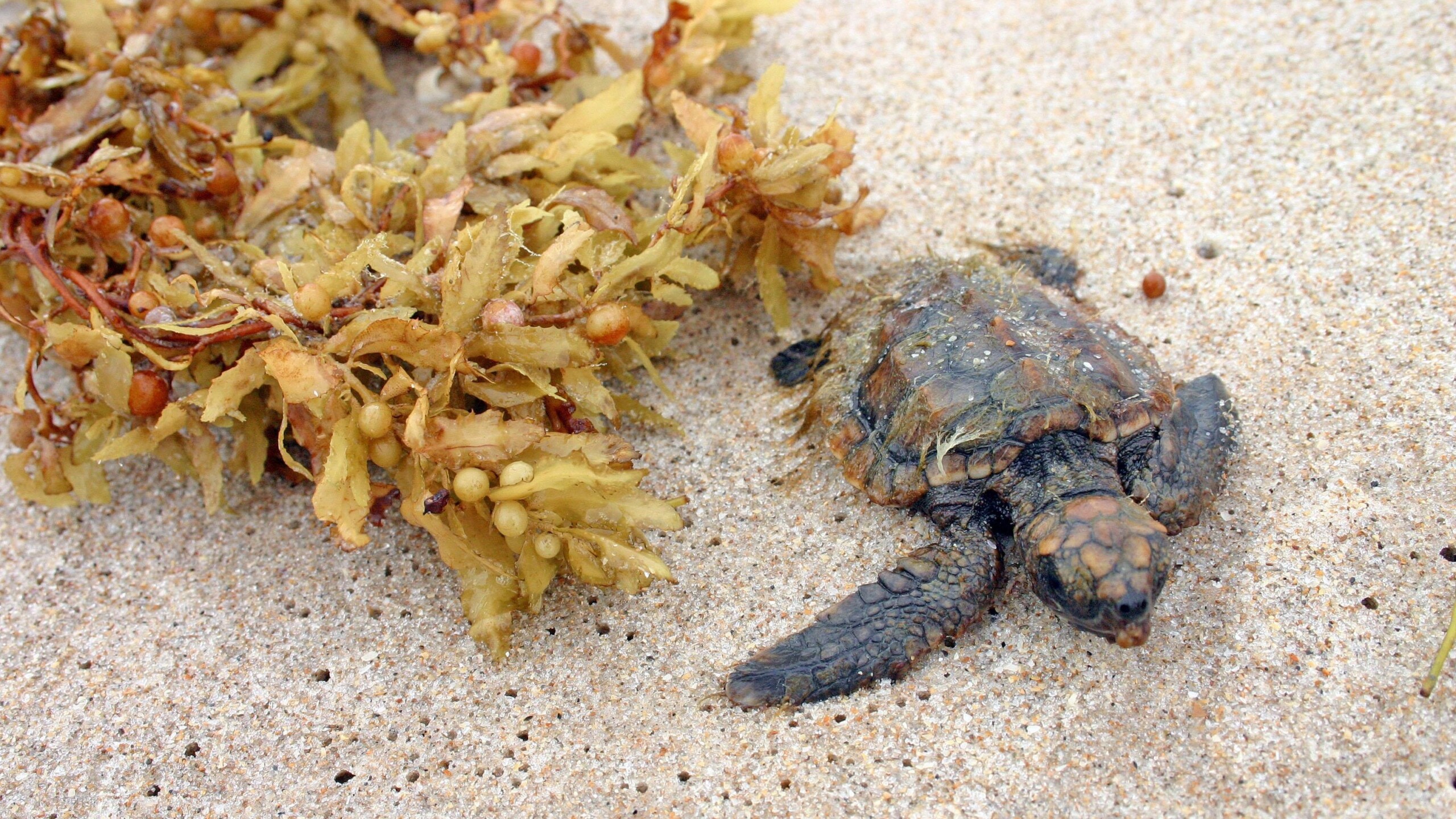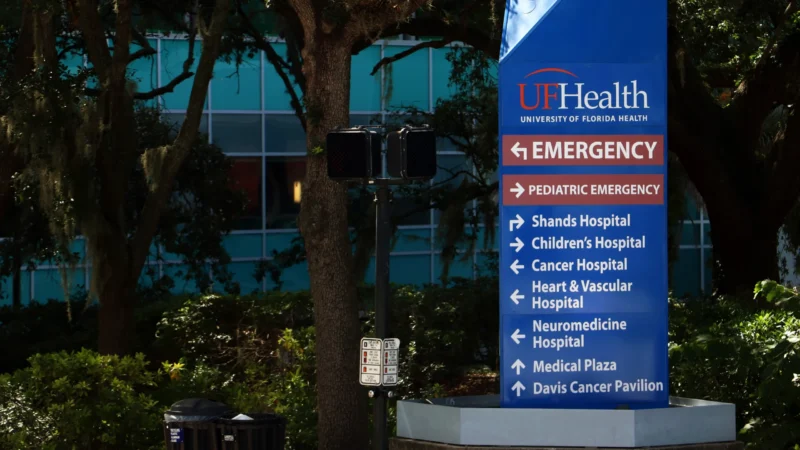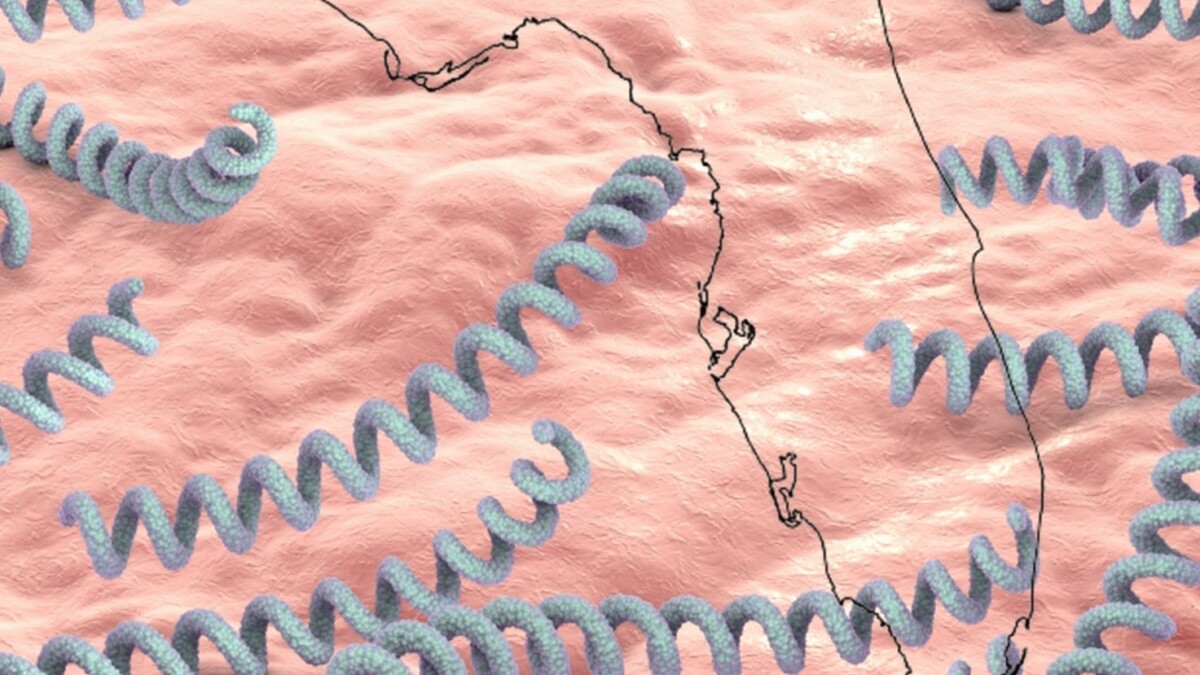Q: A Jacksonville Today reader, Tonya W., wants to know how the U.S. Army Corps of Engineers can avoid disturbing sea turtles during a current beach renourishment project in Duval County.
“Did I really just read that the UACOE is doing beach replenishment during turtle nesting season?”
A: Environmentalists, the Corps of Engineers and the Florida Fish and Wildlife Conservation Commission say they work together to avoid disrupting turtle nests during beach renourishment.
Kevin Brown is with Beaches Sea Turtle Patrol, a nonprofit organization that documents and protects sea turtles at Duval County’s beaches. He says volunteers inspect the renourishment work zone every morning before sunrise to look for turtle nests or tracks.
“Those work zones are the first places we check, so there cannot be any work done in those areas if there is a nest in that area until we’ve relocated it,” Brown says.
If a nest is found, it’ll be moved to a designated area that will not be part of the beach renourishment project, Brown says.
The morning inspection is part of normal foot patrols performed every day on Duval’s beaches.
Sea turtle nesting season runs May 1 through Oct. 31, and this beach renourishment project is expected to wrap up in mid-August. The project, which started this week, will widen the beach and elevate the sand from the Duval-St. Johns County line to the mouth of the St. Johns River.
Col. James Booth of the Army Corps of Engineers says projects like this one typically start when funds are appropriated and designs are complete.
Brown says that, as a conservationist, he doesn’t think this start time is the best, but such projects are needed and benefit all marine mammals, he says.
“We have these safeguards in place. We’ve done this before,” Brown says. “This will be my third renourishment project, and I will tell you that the hatchling rate was very good. So relocating the nest does not disrupt the emerging process.”
The National Oceanic and Atmospheric Administration says sea turtles are a key part of marine ecosystems and are vital in supporting productive oceans. Three types of sea turtles can be found along Duval’s beaches; loggerheads, green and leatherbacks. The green and leatherback sea turtles are considered endangered, while loggerheads are considered a threatened species.
NOAA says that while sea turtles face dangers from predators from the sea and air, humans are considered the greatest threat.
There are steps you can take to help keep the beach a safe place for sea turtles. Beaches Sea Turtle Patrol says you should turn off or dim any lights on the beach or pointing toward the beach to prevent the sea turtles from becoming disoriented. Also, make sure the beach is clean and flat to ensure a smooth path for them to make it to the ocean.
If you see an injured, dead, or disoriented sea turtle, you can report it to the Beaches Sea Turtle Patrol by calling 904-613-6081.







